The journey of motherhood starts with pregnancy. It is crucial for a pregnant woman to have a balanced and nutritious diet with lots of fruits and vegetables. However, certain foods like papaya, pineapple, crabs, eggs, mercury-rich fish, etc. shouldn’t be consumed. That’s because these food items can trigger a miscarriage, especially during the first trimester of pregnancy. It is essential to take care and avoid specific foods during pregnancy to prevent a miscarriage.
If you’re in the first trimester of pregnancy, avoid these fruits and foodstuffs as they can cause miscarriage.
1. Pineapple

Pineapple contains bromelain which softens the cervix and starts untimely labour contractions, resulting in a miscarriage. It is best to avoid consuming pineapple slices or pineapple juice during the early stages of pregnancy.
2. Crabs
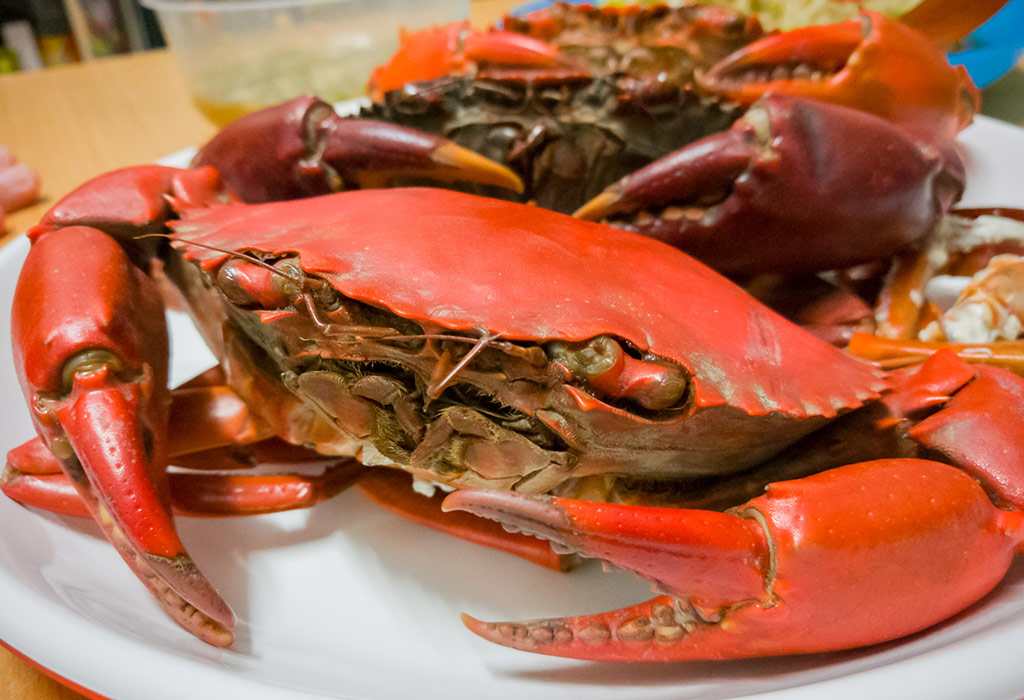
Although crabs are a rich source of calcium, they also contain high levels of cholesterol. This may cause shrinkage of the uterus and lead to internal bleeding and miscarriage. Therefore, it is sensible to refrain from eating it during pregnancy.
3. Sesame Seeds
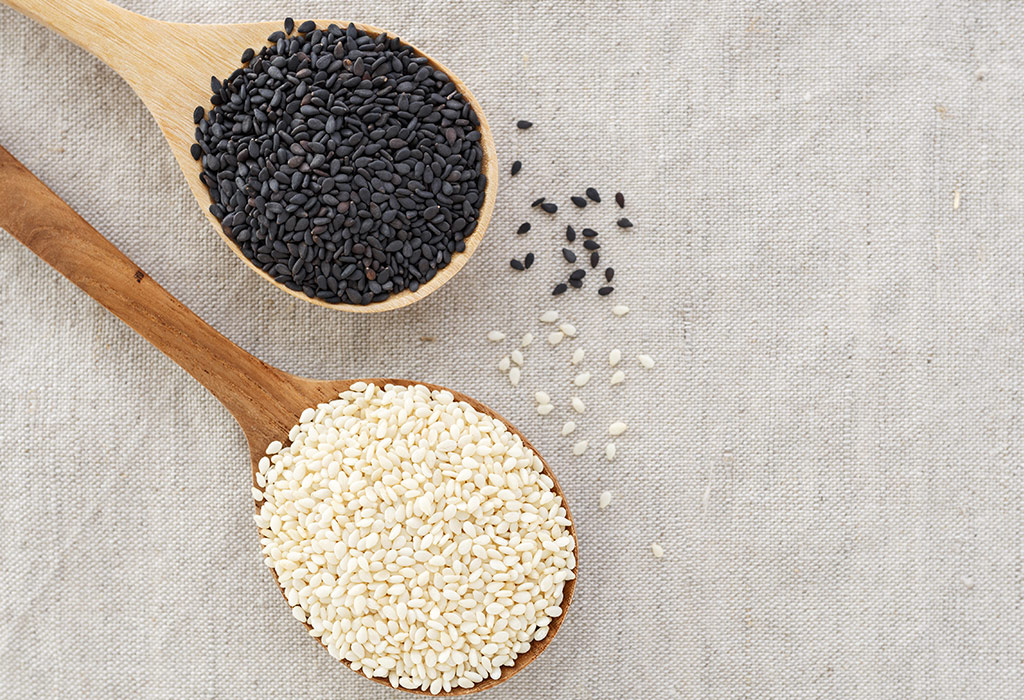
Pregnant women should consider staying away from sesame seeds during the early stages of pregnancy. Sesame seeds, when consumed along with honey, can cause trouble during early pregnancy. But, black sesame seeds are believed to benefit delivery, when consumed in the later stages.
4. Animal Liver
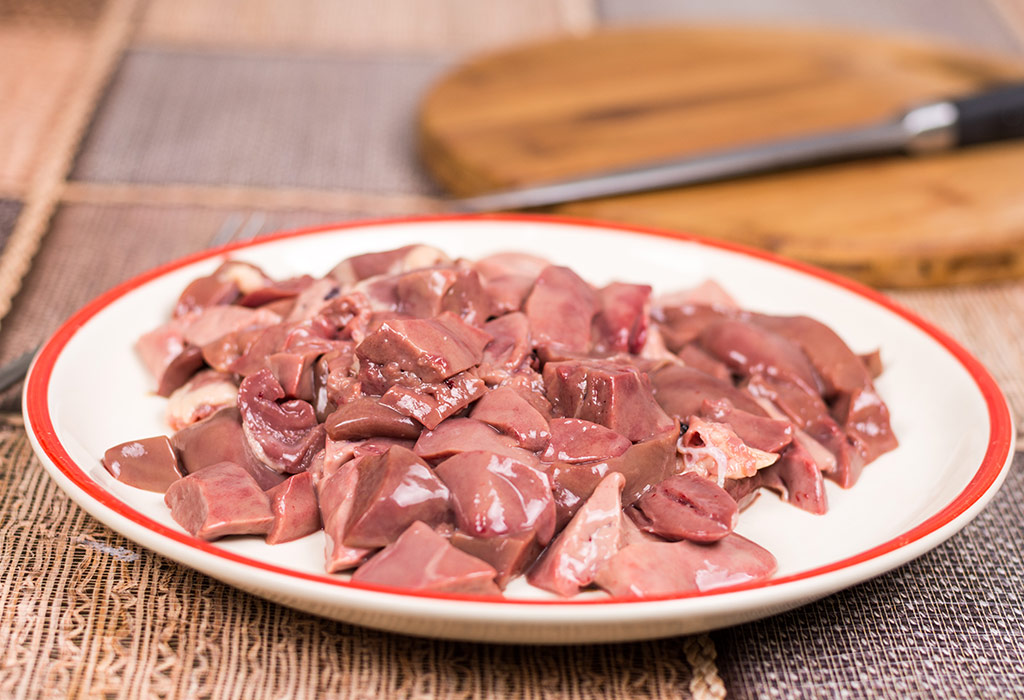
Animal liver is usually considered healthy as it is full of Vitamin A. So, having it twice a month is not that harmful. But, if consumed in large quantities by pregnant women, it promotes a gradual accumulation of retinol which adversely affects the baby.
5. Aloe Vera

Aloe vera is well-known for its numerous health benefits. There have been cases of pregnant women deliberately eating aloe vera during pregnancy. This is a wrong thing to do as aloe vera comprises of anthraquinones, a kind of laxative that induces contractions of the uterus and pelvic bleeding. This, in turn, leads to a miscarriage. That said, aloe vera gel when applied to the face is not unsafe during pregnancy.
6. Papaya

Unripe papayas and green papayas have components that act as laxatives and bring on premature labour. Papaya seeds are also rich in enzymes that cause contraction of the uterus, resulting in a miscarriage.
7. Drumstick
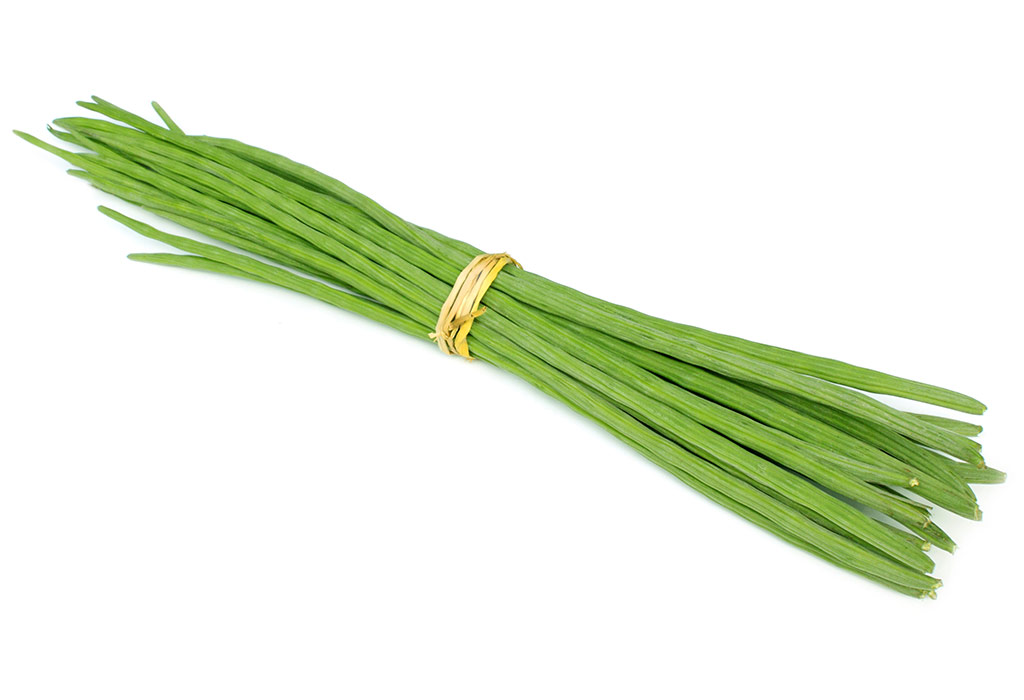
Women need to exercise caution while consuming drumstick during pregnancy. It comprises alpha-sitosterol which may be detrimental for the pregnancy. As drumstick is rich in iron, potassium and vitamins, it can be eaten in limited quantity.
8. Raw Dairy Products
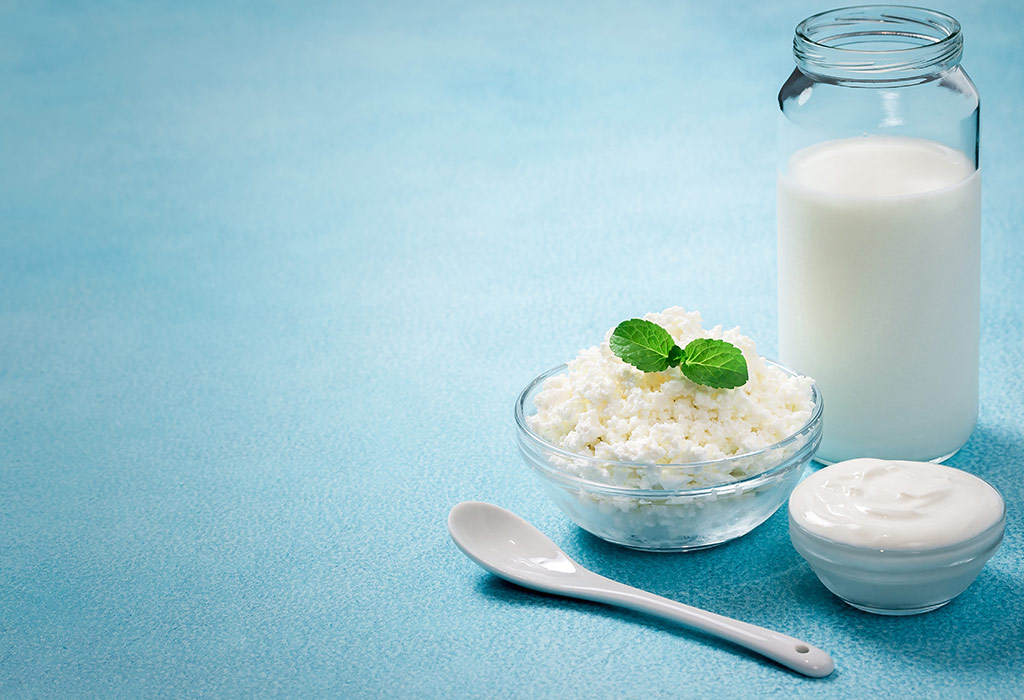
Unpasteurised milk and gorgonzola, mozzarella, feta, and brie varieties of cheese possess disease-carrying bacteria like Listeria monocytogenes which can be harmful to the pregnancy. Consuming such dairy products can lead to unnecessary complications with the pregnancy.
9. Caffeine

According to research, caffeine, when consumed in moderation, is quite safe during pregnancy. Still, it is advisable for pregnant women to observe some restraint, as increased levels of caffeine during pregnancy can lead to miscarriage or an underweight baby. Moreover, caffeine is dehydrating in nature and can lead to fluid loss in the body. Caffeine is not only present in coffee, but also in tea, chocolates and some energy drinks.
10. Mercury-rich Fish
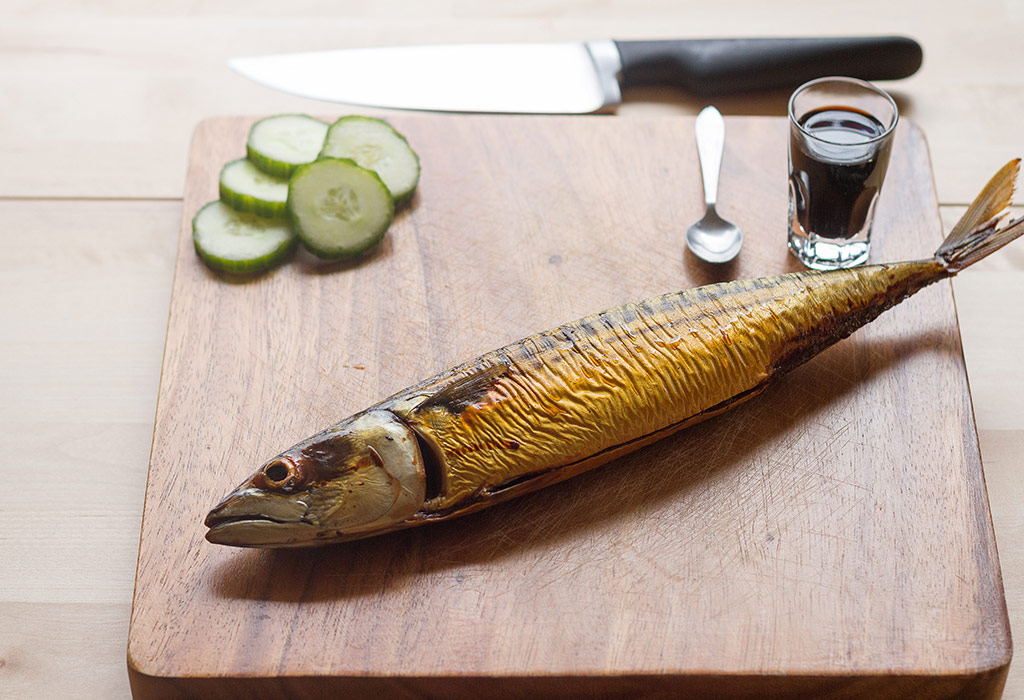
Pregnant women should be careful while consuming fish. Certain varieties having high mercury content like king mackerel, orange roughy, marlin, shark, tilefish, swordfish, and bigeye tuna are best avoided. Excessive mercury intake can adversely affect the baby’s developing brain and nervous system.
11. Herbs

Most experts advise against taking herbs during pregnancy. Herbs containing steroids can adversely affect the baby’s growth during pregnancy. For example, Centella can cause harm to the liver, resulting in severe jaundice and damage to the baby’s brain. Dong quai contains agents that can initiate miscarriage or premature delivery. It is always sensible to consult a doctor before consuming any herbs.
12. Peach
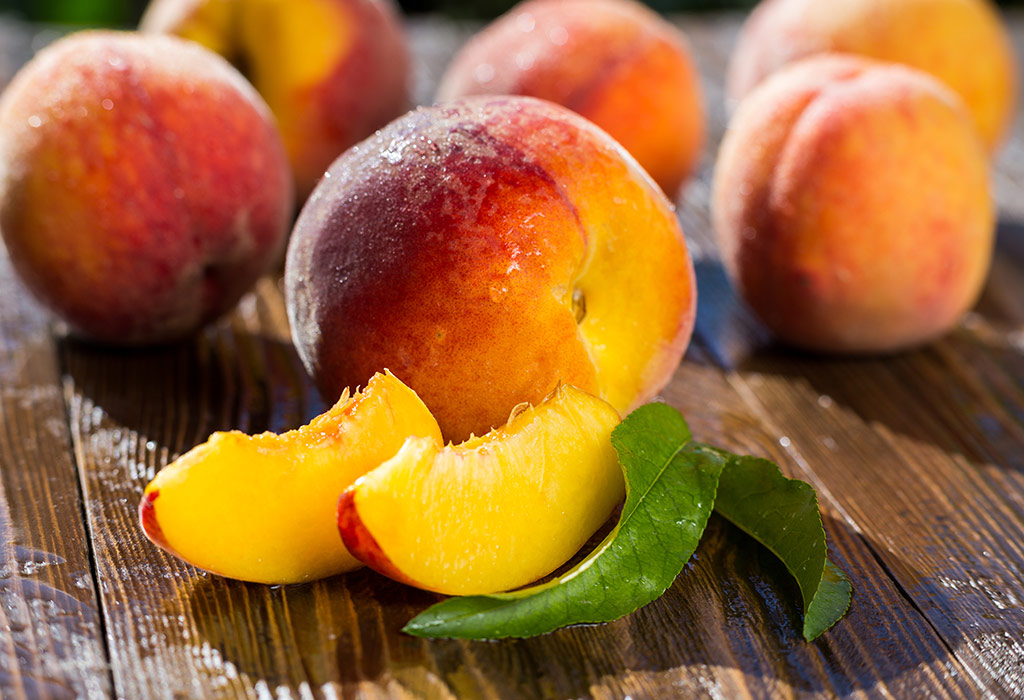
Peaches, if consumed in large quantities during pregnancy, can produce excessive heat in the body and lead to internal bleeding. Moreover, pregnant women should peel the skin off the peach before eating as the hair on the fruit can cause burning and itching in the throat.
13. Wild Apples
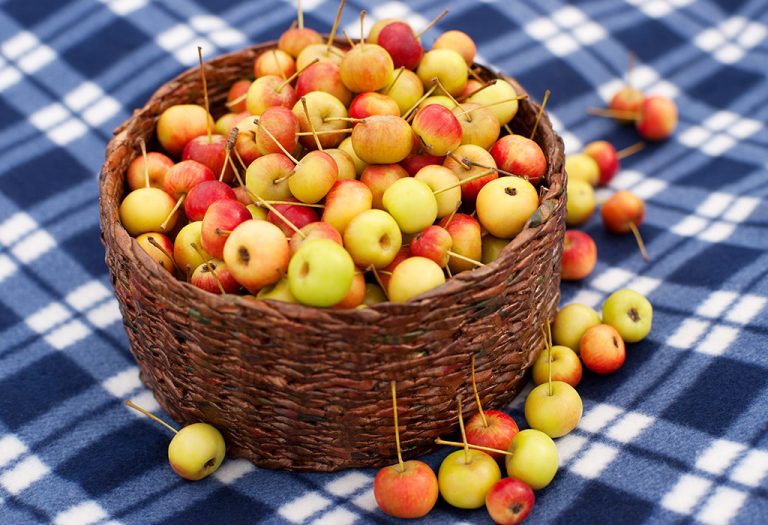
Pregnant women should avoid having wild apples during pregnancy. Their acidic and sour properties may induce the uterus to contract. This can lead to premature labour or a miscarriage.
14. Processed Meat
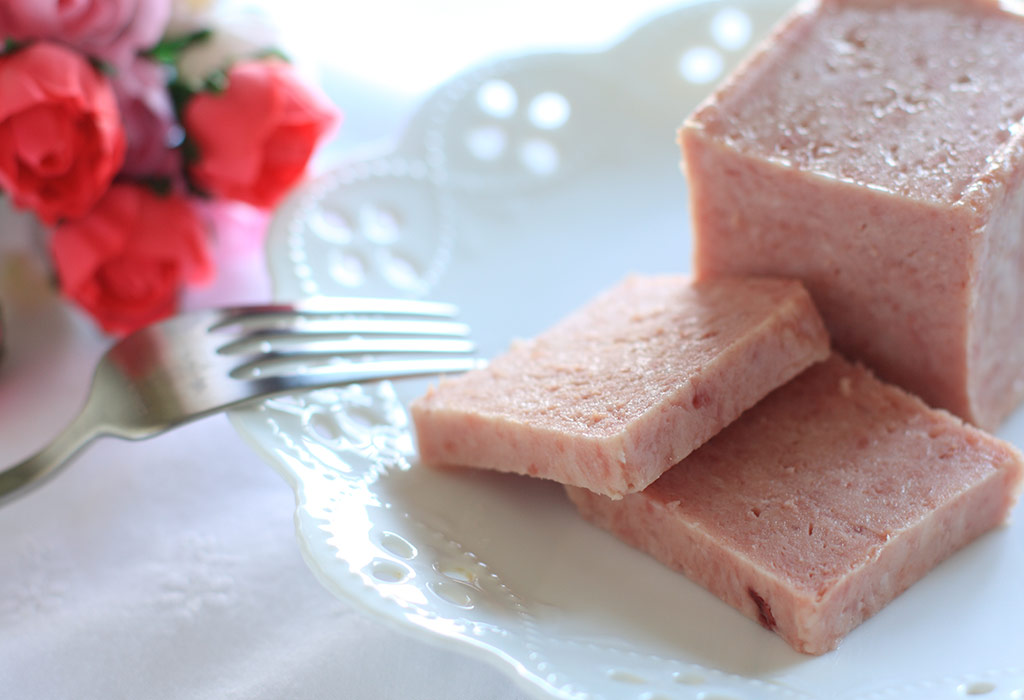
Consuming processed meats like sausages, stuffed meat, pate, minced meat, salami, deli meat, and pepperoni during pregnancy is deemed unsafe. This is because these meats may harbour bacteria like Toxoplasma gondii, listeria or salmonella, which can cause food poisoning. Pregnant women should particularly avoid eating undercooked or raw meat because the bacteria present can cause severe problems like miscarriage, premature delivery or stillbirth. Therefore, it is essential to cook the meat properly and rewarm it thoroughly before consuming.
15. Eggs and Poultry
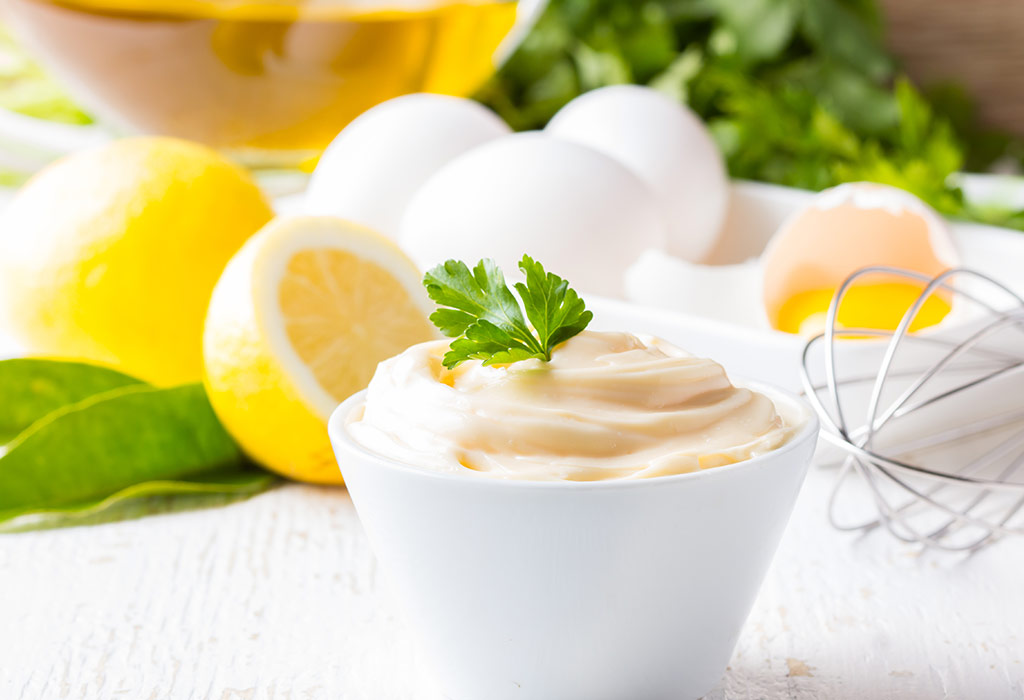
Care should be taken while consuming eggs and poultry products during pregnancy. This is because eggs carry the salmonella bacteria which can lead to problems like food poisoning, diarrhoea, fever, intestinal pain and even a miscarriage. Cook the eggs thoroughly until the whites and yolk become solid. This helps in killing the bacteria and making it safe to consume. Pregnant women should also refrain from having eggnog, homemade mayonnaise, mousse, soufflé, and smoothies containing raw eggs.
16. Unwashed and Unpeeled Vegetables
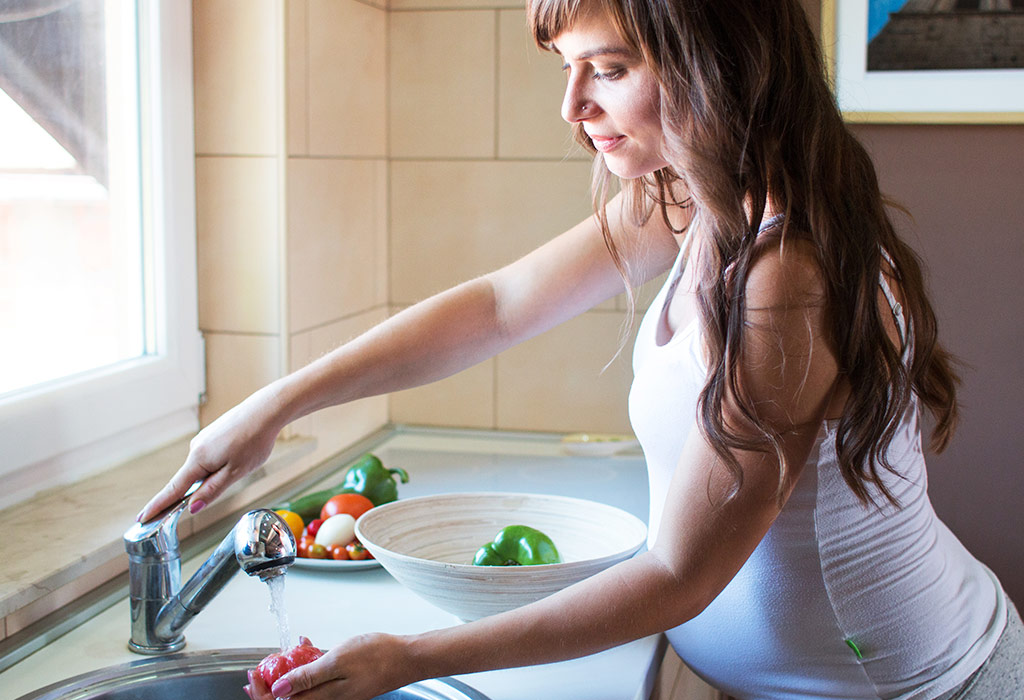
Green leafy vegetables are beneficial for a pregnant woman’s health. But raw or unwashed vegetables possess toxoplasma gondii, a common parasite, which can cause a severe infection called toxoplasmosis. A pregnant woman, if infected, can pass it to her unborn child. It is, therefore, imperative to soak vegetables in clean salt water and wash them beneath running water before consuming. Pregnant women should rinse, peel and cook the vegetables well. Also ensure that used cutlery has been washed and wiped clean.
17. Seafood
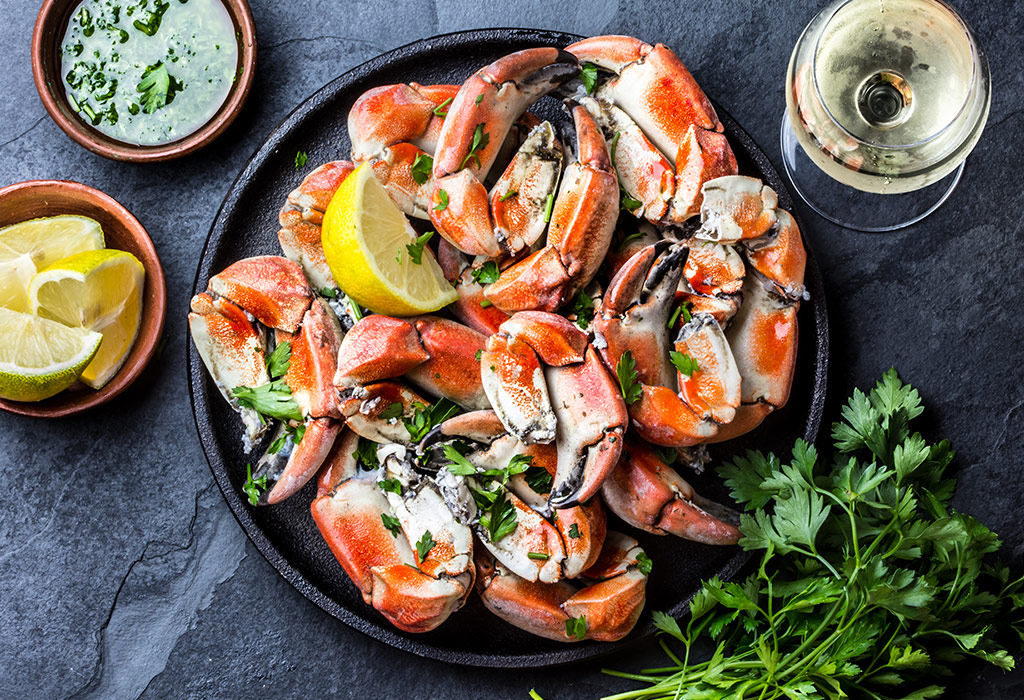
Most seafood shellfish, oysters, sashimi, sushi, and prawns may be polluted with listeria which can result in pregnancy problems like preterm labour or miscarriage. Raw seafood is usually at high risk of being contaminated with parasites like tapeworms and viruses, thereby exposing pregnant women to infections like listeriosis and food poisoning. It is advisable to consume only well-cooked seafood. If you’re dining in a Japanese restaurant, be cautious as you might be served seafood that is raw on the inside.
18. Spices

Spices certainly add flavour to a dish. But certain spices like fenugreek, asafoetida, garlic, angelica, and peppermint are best avoided during pregnancy. These spices can stimulate the uterus, resulting in contractions, preterm labour and miscarriage. They may also cause blood thinning and bleeding during pregnancy.
19. Sprouted Potato
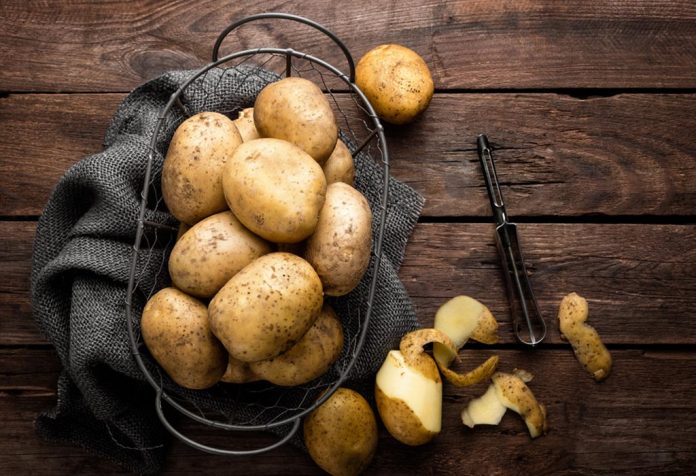
When potatoes remain unused for too long, they develop little green sprouts. Using such potatoes in cooking is harmful for everyone, and especially women carrying a baby. Sprouted potatoes contain solanin that can hamper foetal growth.
20. Raw Sprouts
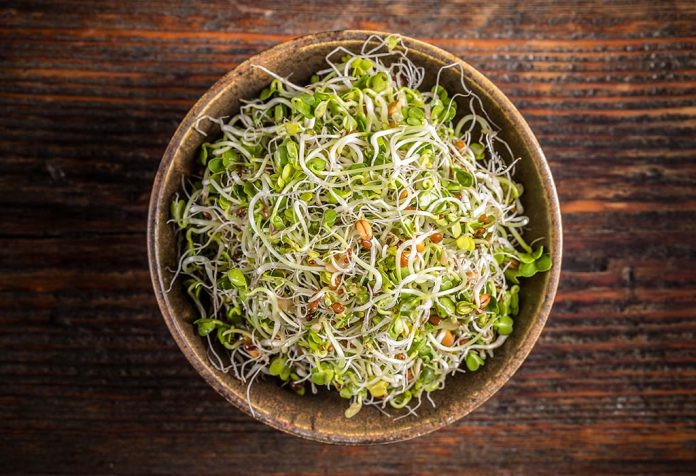
Sprouts are a favourite with many in India. But raw sprouts like clover, alfalfa, radish and mung bean sprouts may be carrying Salmonella. That’s because the humid conditions required for these sprouts is also a breeding ground for this bacteria. That said, cooked sprouts can be safely consumed by pregnant women.
21. Alcohol

Women who drink alcohol may have to give it up once they get pregnant. Alcohol negatively impacts brain development of the foetus, at the same time, it increases the chances of miscarriage and stillbirth. Even a small amount may result in a baby born with facial deformities, heart defects and intellectual disabilities.
22. Junk Food
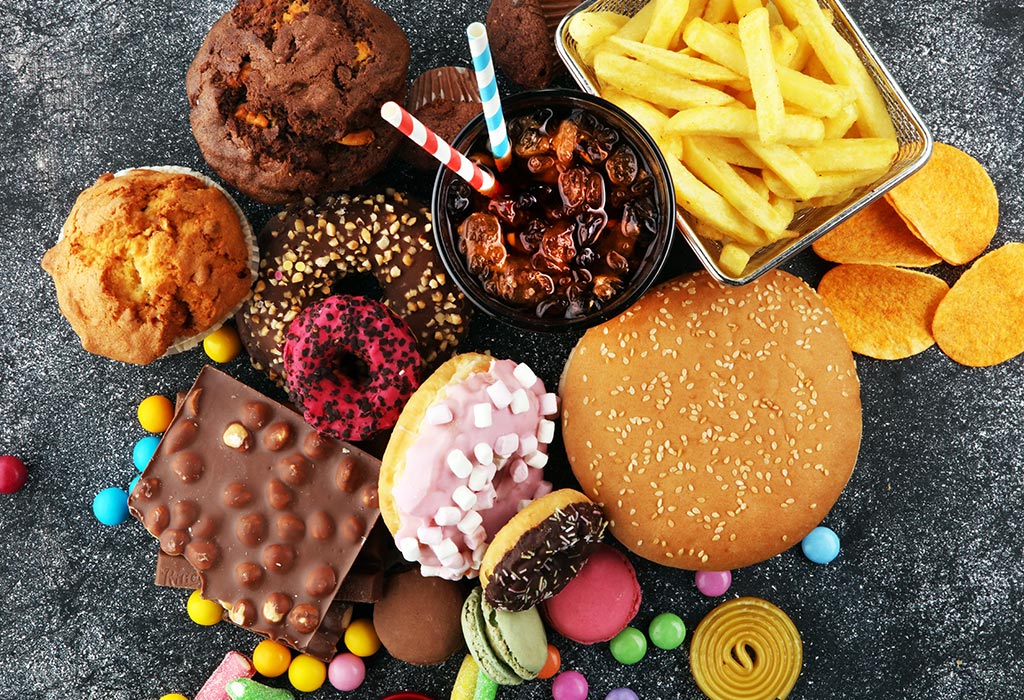
Junk food doesn’t provide any nutrients, rather high calories, fats and sugars. Consuming too much sugar during pregnancy has been linked to gestational diabetes and, weight gain and heart ailments. It can also increase the chances of an overweight baby.
Maintaining a healthy and balanced diet is essential during pregnancy. This implies including food items from all food groups so that you can derive the necessary vitamins and nutrients. Moderation is the key. Anything eaten in excess can be harmful to pregnancy. It is advisable to consult your gyneacologist at length in this regard.








